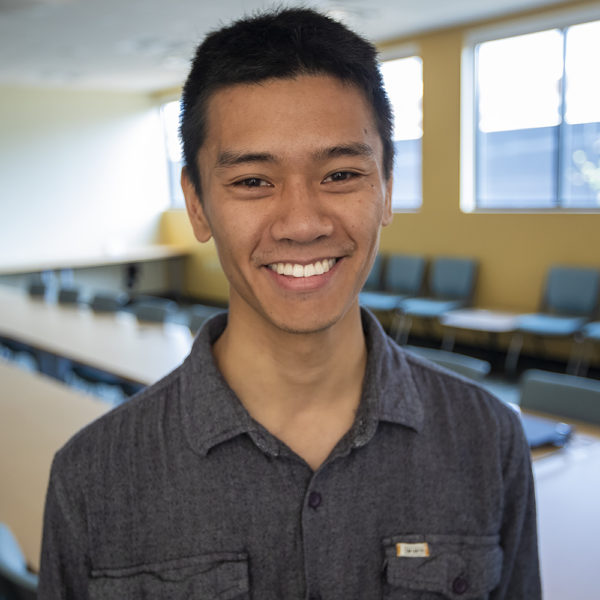Advertisement
Coronavirus Coverage
'It’s A Risk We Have To Take': Protesters Make Efforts To Reduce The Threat Of Coronavirus
Resume
Following the police killing of George Floyd in Minneapolis, a wave of demonstrations against racism and police brutality has brought crowds together across the country in some of the largest gatherings since the start of the coronavirus pandemic.
At events in Boston, Worcester and other cities, protesters packed the streets, sometimes numbering in the thousands, and law enforcement officers stood shoulder to shoulder in tight formations.
Health experts worry that might lead to further spread of COVID-19, as it’s often impossible to maintain at least 6 feet of distance in a moving crowd. Massachusetts officials are urging anyone who attended a recent protest or gathering to get tested for the coronavirus at one of 52 pop-up testing sites opening up starting Wednesday.
But many demonstrators are already taking steps to minimize the spread of COVID-19 even as they fight for racial justice.
At one rally last week in Boston, hundreds of protesters marched down city streets, calling for action to divert funding from the police department to social programs like education and health care. At the front of the crowd, organizers led chants from the back of a pickup truck. Marchers beat drums and raised fists as they walked. From street corners flanking the protest, clusters of police officers with long wooden batons at their sides watched the demonstrators roll past.
Nearly all of the participants wore masks or face coverings – a new necessity of protesting during the COVID-19 pandemic. They’re aware of the danger that lurks in large crowds, said protester Maya Dickson. But the risk of COVID-19 pales in comparison to the danger Black people face in the United States every day, she said.
“COVID-19 falls below the risk of watching my brothers or my sisters leave the house and never return. I have memories as early as my brothers being 15 and being profiled by the police simply for being brown-skinned Black men. I’m not willing to lose them,” she said. “If some people catch COVID-19, that’s a risk we’re all aware of. We took that chance and weighed that against the odds of just allowing the violence to continue.”
As the demonstrators walked from Nubian Square to City Hall, volunteers wound through the crowd offering squirts of hand sanitizer, disposable gloves and extra face masks. One man wore a plastic face shield that he said has the convenient ability to block both the coronavirus and pepper spray – if there’s a clash with the police. Other participants described doing their best to follow social distancing guidelines even while protesting.
“I try not to stand in crowds. Sometimes that’s unavoidable. I don’t touch anyone. I wash my hands. I got a mask on. It’s likely not enough. This will spread coronavirus,” said protester Jason Chen. He gestured at the crowd around him. “But I also feel like it’s important to be out here. I’m a veteran. This is the first time I’ve protested anything.”
There are additional steps activists can take to help minimize the risk of transmitting the coronavirus at these demonstrations, according to Dr. Josh Barocas, an infectious disease physician at Boston Medical Center. For starters, don’t go to protests if you don’t feel well.
“If you’re feeling ill, the best thing for the movement is to stay at home and sit one or two out,” he said.
If you do go to a protest, Barocas recommended always wearing a mask and avoiding objects that others have already touched. For instance, consider bringing your own sign, food and water.
“If you are going to share something that someone’s given you, I would say make sure that you’re washing your hands and practicing good hand hygiene,” he said.
There are other health risks to demonstrators besides the coronavirus, Barocas added. As the weather warms up, dehydration is one concern, as are infectious diseases transmitted by ticks and mosquitoes. Barocas said everyone — from the protesters to the police — should be wearing bug spray, bringing water and avoiding physical contact with others.
“I want to make sure that people who are going out are doing so with many facets of their health in mind, knowing this is an important movement to continue,” he said.
Even though the coronavirus remains a threat, Barocas said racism and police brutality are public health emergencies, too, and the public needs to find a way to make progress in all these areas. Demonstrators should keep showing up, he said, just bring plenty of hand sanitizer, too.
This segment aired on June 16, 2020.
